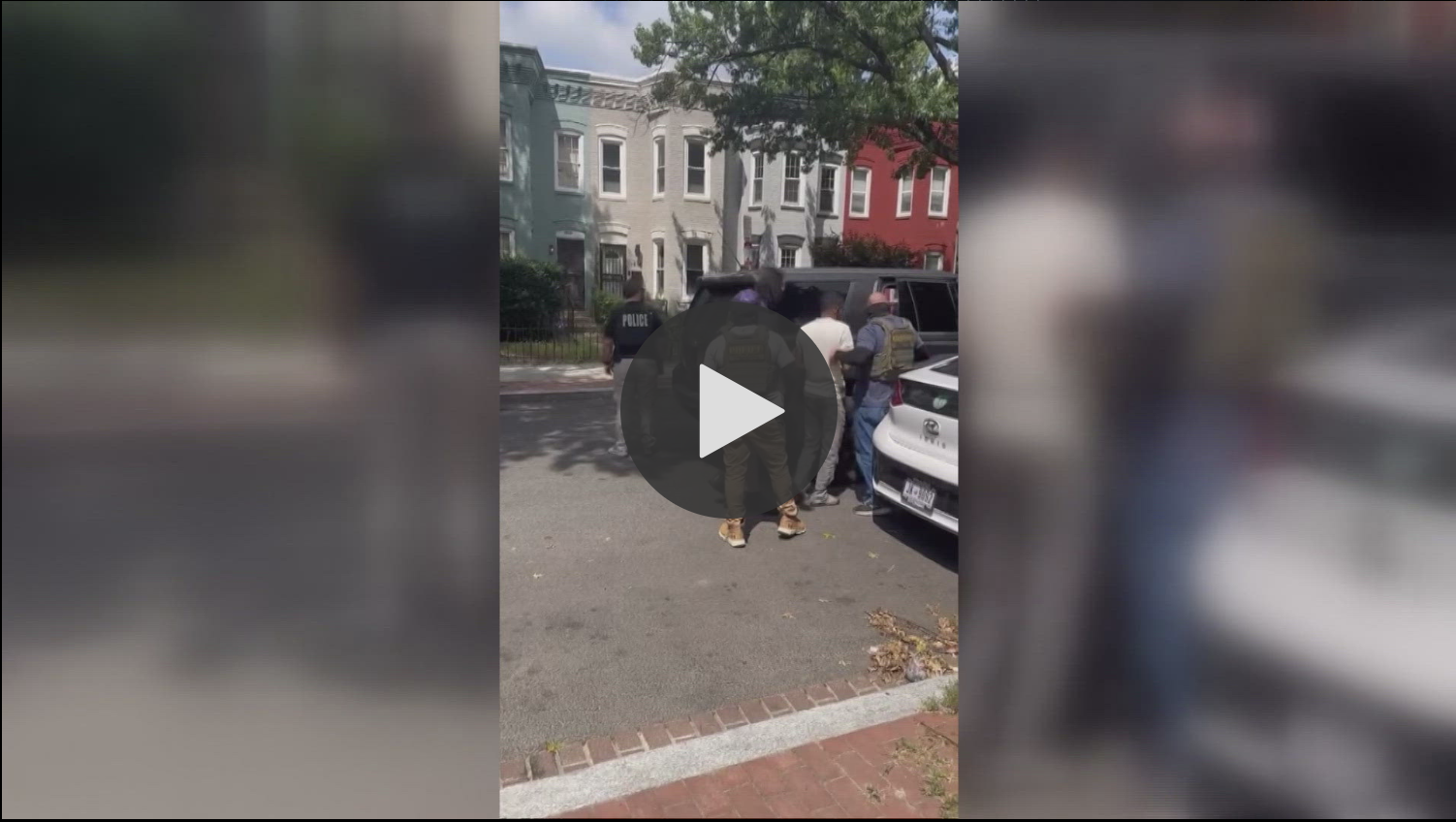You’re driving through Newark or Jersey City when red-and-blue lights flash behind you. You pull over, expecting a routine stop. But what happens when the officer asks, “Can I see your phone?” In our digital age, smartphones hold a wealth of personal information—from messages and photos to banking apps and medical records. In New Jersey, the laws about whether police can search your phone during a traffic stop are nuanced, involving both state laws and constitutional protections.
Understanding Traffic Stops in New Jersey
Traffic stops are one of the most common interactions between law enforcement and civilians. In cities like Trenton, Camden, and Atlantic City, stops may occur for speeding, broken tail lights, or failure to signal. While these stops are typically limited in scope, they can escalate based on officer suspicion or behavior.
During a stop, police may request your license, registration, and insurance, and they may visually assess the inside of your vehicle. However, your phone—unlike your glovebox—is protected by additional layers of legal doctrine.
Fourth Amendment Rights: Your Constitutional Shield
The U.S. Constitution’s Fourth Amendment protects you from unreasonable searches and seizures. This means that, generally, police cannot search your phone without a valid warrant or your consent. This protection applies nationwide and is particularly strong when it comes to the digital data stored on your device.
In New Jersey, state courts have historically upheld even stronger privacy protections than the federal baseline. The state constitution mirrors the Fourth Amendment but is sometimes interpreted more broadly in favor of personal rights.
When Can Police Search Your Phone in New Jersey?
There are only a few legal scenarios where a New Jersey police officer can search your phone during a traffic stop:
-
You give consent
-
They have a valid search warrant
-
They have probable cause with exigent circumstances
-
You are on probation/parole with waived rights
Even in cases of arrest (e.g., suspected DUI or outstanding warrant), your phone itself cannot be searched without further legal grounds.
Consent: The Most Common Way Police Access Phones
Consent is often how officers gain access to phones during stops in places like Elizabeth or Patterson. If an officer asks to see your phone and you say yes—even just to show them something—you’ve legally allowed the search.
Importantly, you have the right to say no. Your refusal cannot be used as evidence of wrongdoing. This applies equally in suburban towns like Edison as it does in urban hubs like Newark.
Probable Cause and Exigent Circumstances
If an officer has probable cause to believe that your phone contains evidence of a crime and there’s a risk that evidence might be destroyed, they may conduct a search without a warrant. This is known as the exigent circumstances exception.
Example scenarios might include:
-
A hit-and-run suspect texting someone to destroy evidence.
-
Real-time threats to public safety, such as active plans for violence.
However, this is a high bar. In routine stops—like running a red light in Woodbridge—this exception almost never applies.
Search Warrants: A Legal Prerequisite
In most circumstances, New Jersey police must obtain a search warrant before examining your phone. This includes showing a judge:
-
Probable cause that the phone contains evidence of a crime.
-
That the phone is connected to the suspect or offense.
Judges in counties like Bergen, Essex, and Camden issue such warrants cautiously, especially for digital searches. A search warrant will detail exactly what can be examined—texts, emails, app data—and often has a time limit.
Digital Privacy Protections in New Jersey
New Jersey is among the states that recognize the unique nature of digital data. The New Jersey Supreme Court has made it clear that cell phones require heightened protections because they:
-
Contain vast amounts of personal data.
-
Track user movements via GPS.
-
Store intimate communications and photos.
Even if arrested in Toms River or Clifton, your phone cannot be searched without a warrant or applicable exception.
What Happens if You Refuse a Phone Search?
Refusing a phone search is your legal right. Police cannot punish you simply for saying no. However, they might:
-
Try to obtain a search warrant.
-
Temporarily seize the phone to prevent data deletion (while the warrant is pending).
This is legal under what’s called “seizure pending warrant.” But even then, they still cannot search the phone until the warrant is granted.
Can Police Force You to Unlock Your Phone?
This is one of the most legally complex issues.
-
Passwords and Passcodes: You generally cannot be compelled to share these. Doing so is considered “testimonial” and protected by the Fifth Amendment.
-
Biometric Unlocks (Face ID/Fingerprint): Courts are split. Some New Jersey judges have ruled that police can compel you to use your finger or face to unlock your phone, while others say it violates privacy.
To be safest, disable biometric unlocking when driving or traveling.
Key Court Rulings That Influence NJ Phone Searches
The landmark Riley v. California (2014) ruling by the U.S. Supreme Court set the national precedent that police must obtain a warrant to search a phone—even if the owner is under arrest.
In New Jersey, cases like State v. Earls further strengthened digital privacy by requiring police to obtain warrants to access phone location data.
Differences Between a Car Search and a Phone Search
In towns like Bayonne or Hoboken, police may legally search your vehicle without a warrant if they smell marijuana or see evidence in plain sight. However, your phone is treated differently.
Phones are not considered “containers” like glove compartments or backpacks. They are portals to a much broader scope of data, and thus require a different legal standard.
What to Do If Police Ask to Search Your Phone
If you’re stopped on the Garden State Parkway and asked to unlock your phone:
-
Politely decline: “I do not consent to a search of my phone.”
-
Do not argue or resist.
-
Do not lie or give fake information.
Even in smaller towns like Vineland or Millville, the same rules apply. It’s important to remain calm and assert your rights clearly.
Your Rights Explained: Do’s and Don’ts During a Stop
Do:
-
Keep your phone locked.
-
Know your passcode.
-
Disable Face ID or Touch ID before encounters.
Don’t:
-
Consent to a phone search without a warrant.
-
Attempt to delete data in front of police.
-
Lie about having a phone.
Case Studies and Real Incidents Across New Jersey
In Newark, a 2023 incident involved an officer asking a driver to open their WhatsApp app after a traffic violation. The driver refused, and police attempted to get a warrant. The judge denied the request due to lack of probable cause.
In Jersey City, a man was arrested for suspected drug possession. Police seized his phone but were unable to access it due to encryption. A warrant was issued, but the delay meant key evidence was inaccessible.
These cases highlight how tricky and technical phone searches can be, even for seasoned law enforcement.
City Spotlights: How Enforcement Differs by Area
-
Newark & Camden: Higher stop-and-frisk rates, so more digital privacy concerns raised.
-
Princeton & Summit: Fewer stops, but more educated residents often invoke their rights.
-
Atlantic City: Increased enforcement during summer tourism, including tech-related investigations.
Law enforcement behavior can vary widely based on department policy and community pressure.
What Happens After a Phone Search?
If police do access your phone:
-
Data may be cloned or backed up.
-
Messages, photos, call logs, and GPS history could be reviewed.
-
Data could be used against you in court, even for unrelated charges.
If obtained illegally, your lawyer can file a motion to suppress the evidence, potentially getting charges dropped or reduced.
Legal Recourse: How to Challenge an Illegal Phone Search
If you believe your rights were violated:
-
Contact a criminal defense attorney immediately.
-
Preserve your device and any interactions (record if legally allowed).
-
File a civil rights complaint with the New Jersey Attorney General’s Office.
Some individuals in places like Montclair or Cherry Hill have successfully sued for unlawful searches.
Tips to Protect Your Digital Privacy in New Jersey
-
Use strong passcodes, not patterns or short PINs.
-
Encrypt your phone.
-
Disable lock screen notifications.
-
Avoid auto-unlock features near familiar devices or locations.
-
Use apps that auto-delete messages after viewing.
Being prepared ensures you’re not caught off guard during a stop in any New Jersey city.
Conclusion
So, can New Jersey police search your phone during a traffic stop? The simple answer: Not without your consent, a warrant, or a rare exception. In towns from Asbury Park to Morristown, your digital life is protected by state and federal laws—if you know your rights and how to assert them.
Understanding these protections is not just smart—it’s essential. Your phone holds your life. Don’t give it away without a fight.
















Leave a Reply